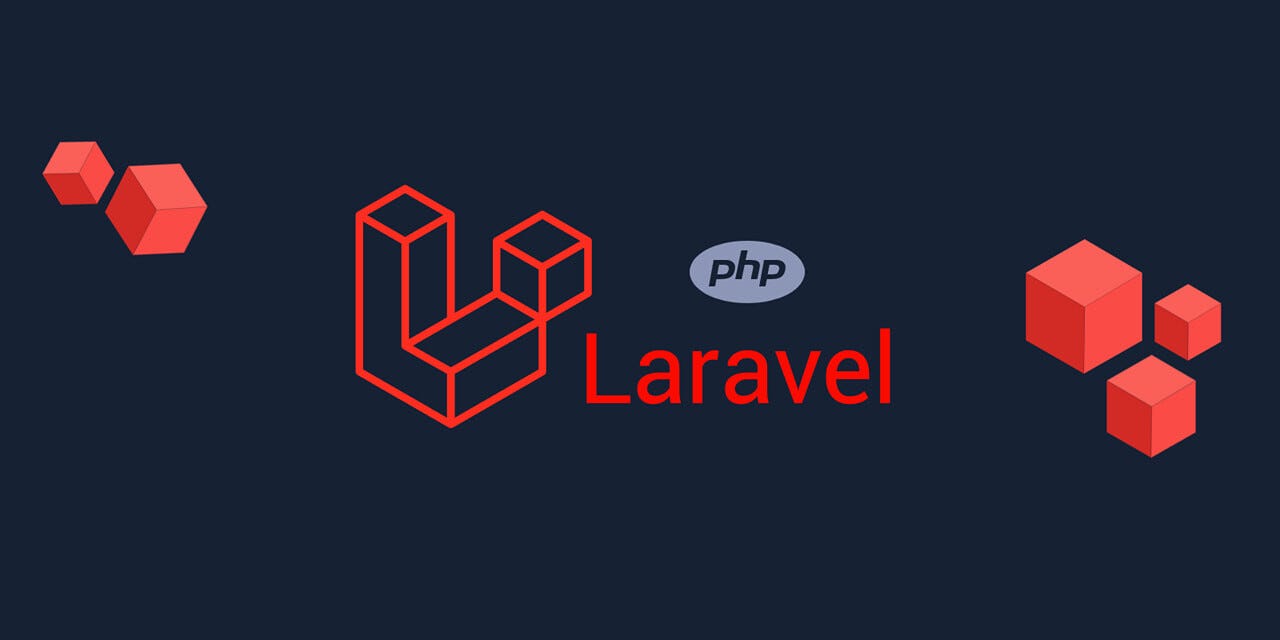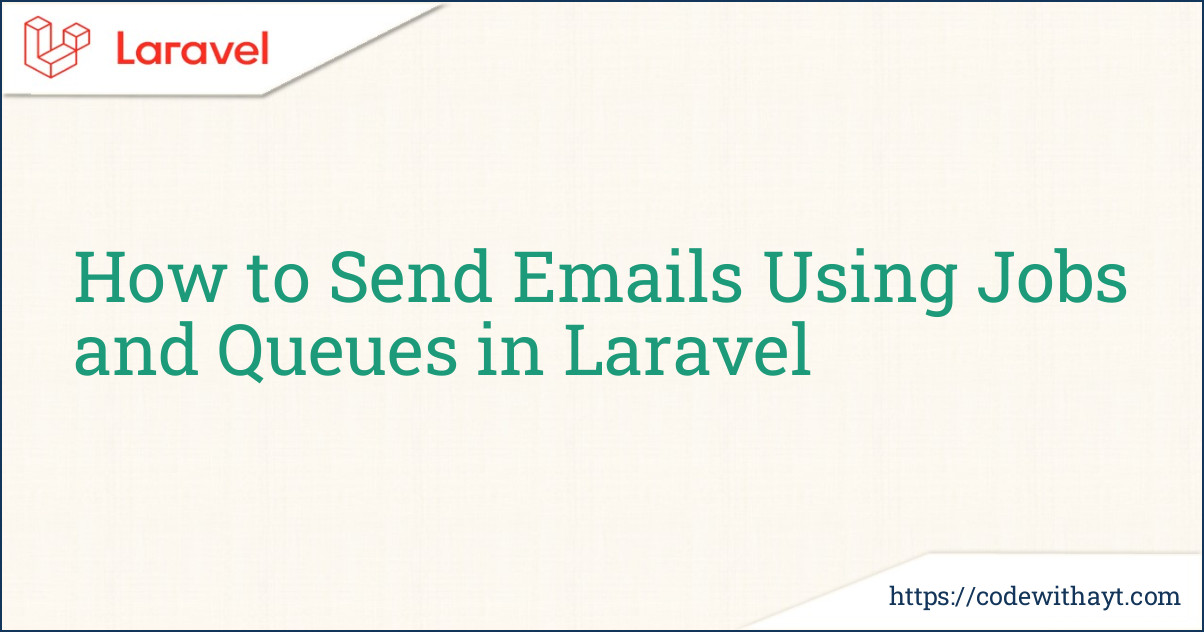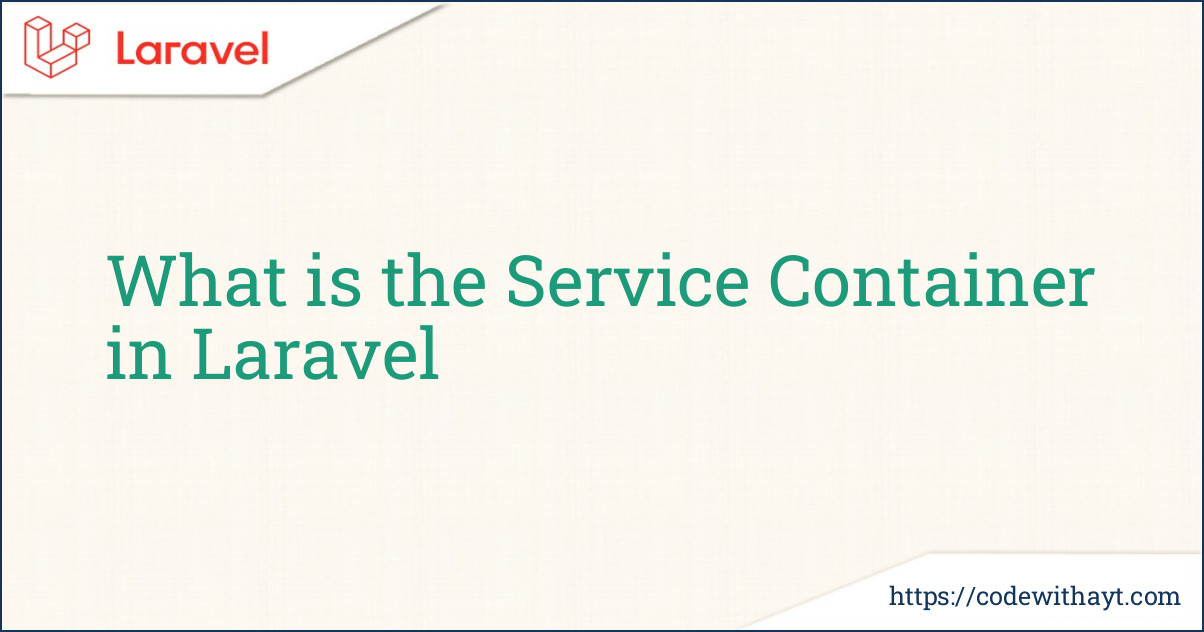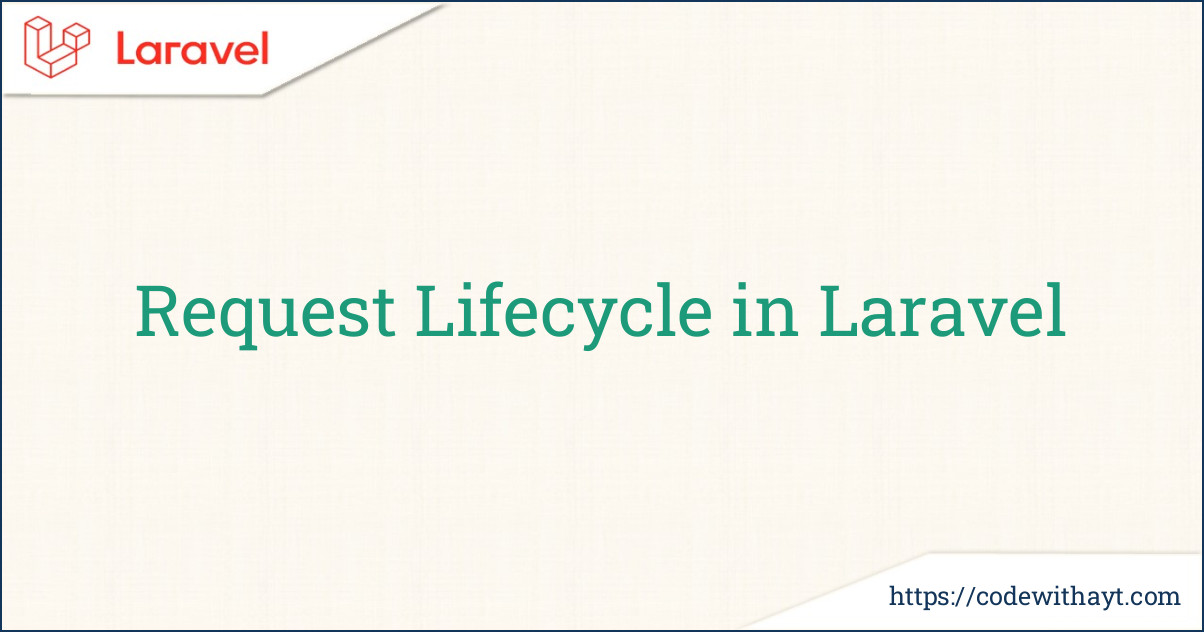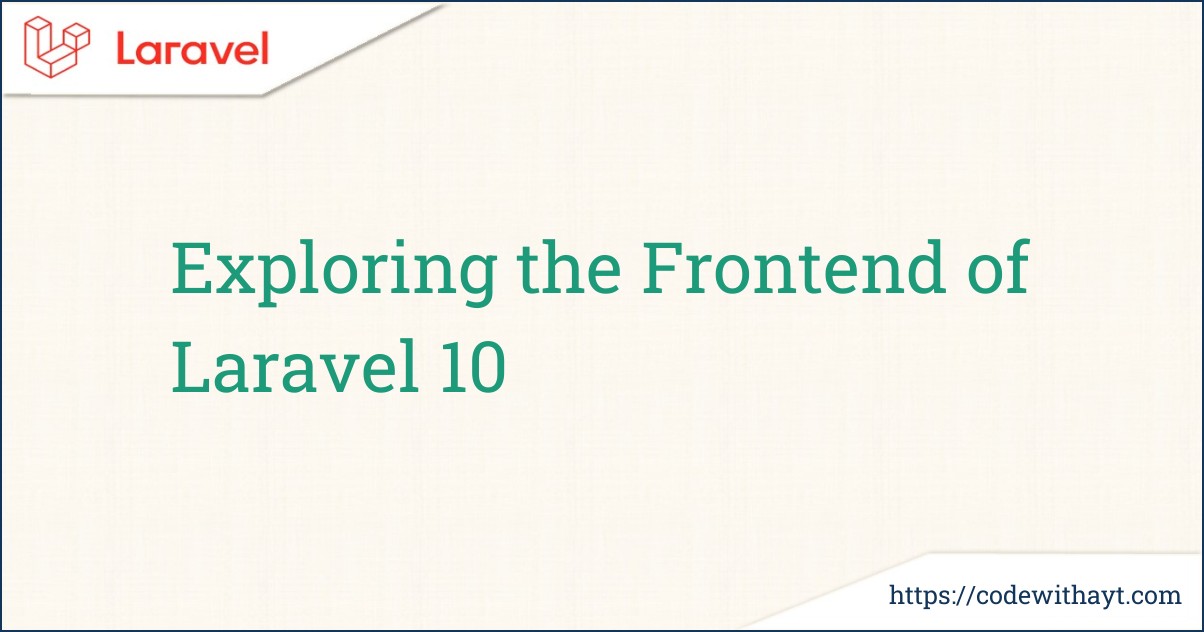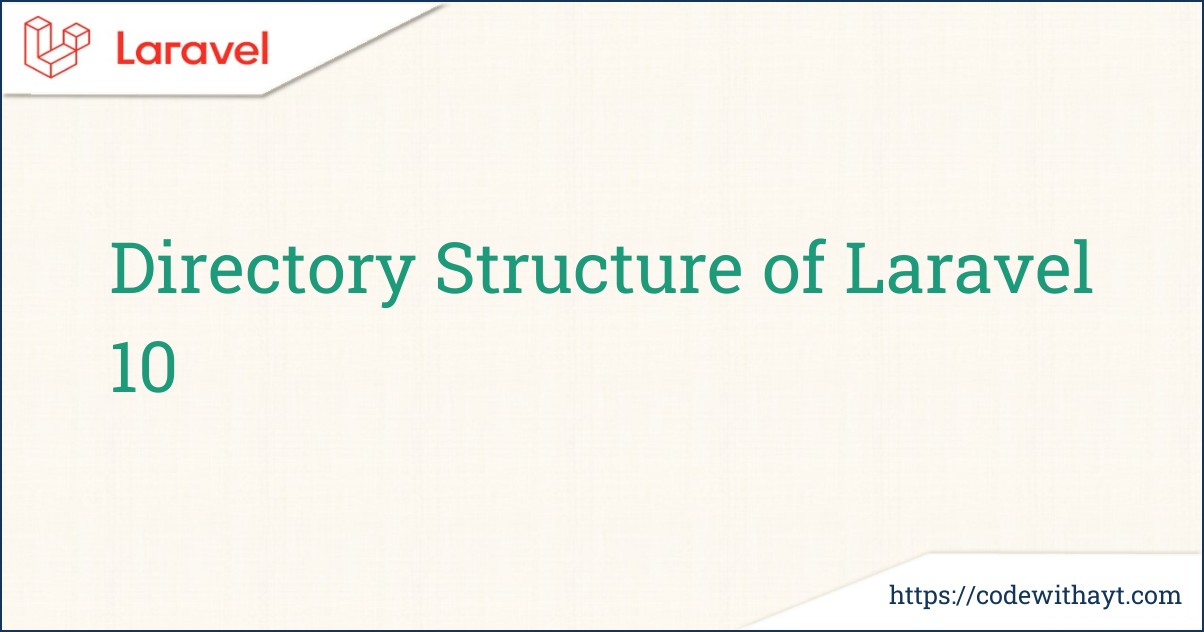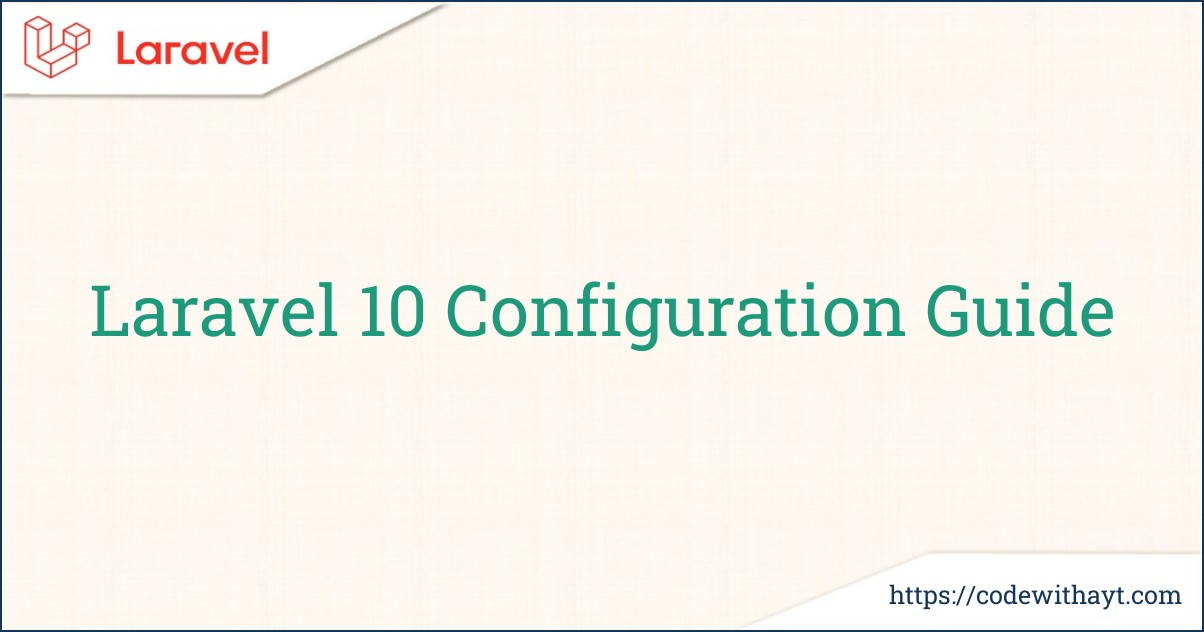Introduction to Laravel
Laravel is one of the most popular PHP frameworks, known for its elegant syntax and rich features. Designed to simplify common tasks in web development, Laravel offers developers a clean, modern toolkit to build powerful applications quickly. Let’s dive into what makes Laravel stand out and why it’s essential for PHP developers.
1. What is Laravel?
Laravel is an open-source PHP framework used for building web applications based on the Model-View-Controller (MVC) architectural pattern. It provides a variety of tools and features that make developing applications faster and more enjoyable.
2. Why Use Laravel?
-
Elegant Syntax: Laravel is designed to make web development simpler and more intuitive with a clean, expressive syntax.
-
Comprehensive Ecosystem: It has a rich ecosystem with built-in tools for tasks like routing, authentication, and database management.
-
Community and Documentation: Laravel has extensive documentation and a vibrant community of developers, making it easy to find support and resources.
3. Key Features of Laravel
-
MVC Architecture: Laravel follows the MVC pattern, ensuring separation of concerns and clean code organization.
-
Eloquent ORM: Laravel’s built-in Object-Relational Mapping (ORM) tool, Eloquent, simplifies database operations by providing an easy-to-use, expressive syntax.
-
Blade Templating Engine: Blade is Laravel’s lightweight templating engine, allowing developers to create dynamic views with minimal code.
-
Routing: Laravel offers a simple yet powerful routing system, enabling clean URLs and efficient request handling.
-
Artisan CLI: Artisan is Laravel’s command-line interface that automates repetitive tasks like database migrations, seeding, and scaffolding.
-
Built-in Authentication: Laravel includes built-in tools for user authentication, allowing you to set up secure login systems quickly.
-
Middleware: Laravel’s middleware system provides a way to filter and modify HTTP requests entering your application.
-
Queues and Background Jobs: Laravel’s queue system handles tasks like sending emails or processing uploads, allowing these to run in the background for faster user responses.
4. Most Important Aspects of Laravel Development
-
Routing and Middleware: Understanding how Laravel’s routing system and middleware work is crucial for building responsive and secure applications.
-
Eloquent ORM and Database Migrations: Mastering database operations with Eloquent and managing schema changes through migrations is key to handling data efficiently.
-
Blade Templating: Learn to work with Blade to manage views and simplify the process of embedding dynamic content into your front-end.
-
Authentication and Authorization: Utilize Laravel’s built-in authentication system to implement secure user login, registration, and access control.
-
API Development: Laravel excels at building RESTful APIs, offering tools like Laravel Passport and Sanctum for API authentication.
-
Testing: Laravel encourages test-driven development (TDD) with built-in testing tools, ensuring code quality and reducing bugs.
5. Laravel’s Ecosystem and Tools
-
Laravel Forge: A tool for deploying and managing Laravel applications on popular cloud platforms like DigitalOcean and AWS.
-
Laravel Vapor: A serverless deployment platform for Laravel, built on AWS Lambda, ideal for scalable, zero-maintenance applications.
-
Laravel Horizon: A dashboard to manage your queues, providing real-time monitoring for background jobs.
-
Laravel Mix: A tool that simplifies asset compilation (CSS, JavaScript) using Webpack.
6. Popular Use Cases for Laravel
-
Custom Web Applications: Laravel is perfect for building custom applications, from e-commerce platforms to content management systems.
-
APIs: Laravel’s flexibility and support for RESTful APIs make it a go-to framework for backend API development.
-
Enterprise Solutions: With its scalability, security features, and extensive ecosystem, Laravel is an excellent choice for large-scale enterprise applications.
7. Final Thoughts
Laravel is a powerful, user-friendly PHP framework that accelerates web development while keeping code clean and organized. Whether you’re building small projects or large-scale applications, Laravel’s rich features and robust community make it an excellent choice for PHP developers at any level.
Ready to learn more? Explore these related blog posts to boost your Laravel skills!

